Big changes after the country's reunification

Speaking at the workshop, Prof. Dr. Le Hong Ly, Chairman of the Vietnam Folklore Arts Association, affirmed that Vietnamese folklore culture and arts developed strongly after 1975, both in the collection, dissemination and teaching. Many folk cultural heritages were collected, restored, recorded and practiced in daily life.
“There are heritages that were once considered superstitious, but have now become world cultural heritages such as the Vietnamese Mother Goddess Worship, or the collection of a huge collection of Central Highlands epics after the war, admired by the whole world; or the collection and restoration of folk cultural heritages across the country…”, Professor Dr. Le Hong Ly commented.
According to Professor Dr. Le Hong Ly, customs, practices or folk cultural heritage, from religious rituals, festivals, to folk songs, folk dances... are facing the risk of being lost, posing a great responsibility for those who work in collecting, researching and preserving cultural heritage, folk arts, as well as the responsibility of managers in the process of planning and building policies to both preserve and maintain the value of heritage, and develop folk cultural heritage to spread to the community...

According to the Chairman of the Vietnam Folklore Arts Association, in the present era, folk culture and arts are undergoing a major transformation. However, due to the influence of the strong international integration process, villages are gradually urbanizing, the space for folk culture and arts is gradually narrowing, preserving and developing folk culture and arts is a big challenge.
Besides, the development of technology also brings new opportunities for Vietnamese folk culture and arts, especially introducing and spreading folk culture and arts to today's generation.
Citing some typical cases in which artists and musicians successfully incorporated folk materials into music , such as the cases of Hoa Minzy and Duc Phuc, Professor Dr. Le Hong Ly said that incorporating folk culture into modern musical works not only preserves and develops national cultural identity, but also promotes and spreads Vietnamese culture in life.
Expanding the spread in the digital environment

At the workshop, authors, researchers, and collectors of folk literature and art brought multidimensional perspectives on the picture of Vietnamese culture and folk arts after the country's reunification (1975-2025); analyzed the achievements and contributions of folk culture and arts over the past 50 years; the difficulties and risks of fading away in the integration process, and at the same time suggested and proposed approaches to preserving folk culture and arts in the current context of integration and development.
Participating in the workshop, Associate Professor Dr. Nguyen Chi Ben, former Director of the National Institute of Culture and Arts, commented that after 1975, folk culture and arts across the country had achieved many successes. Collecting and researching Southern folk culture was also part of that general development, in the following forms: Folk literature (stories, jokes, tales, folk songs, proverbs, riddles), folk art (folk architecture), folk performing arts (folk songs, ceremonial music, amateur music), folk knowledge and craft villages, folk beliefs and festivals, artisans.

Associate Professor, Dr. Tran Thi An (Hanoi National University) commented that the reunification day of April 30, 1975 opened a new era for literary and artistic activities across the country. After the difficult post-war years, in the three cities of Hanoi - Hue - Ho Chi Minh City, literary and artistic activities in general, and folk cultural and artistic activities in particular, have gradually taken shape and developed in the new direction of a unified country.
The activities of the folk art collection and research team in the three cities have improved with the harmony between collection and research, between the application of traditional research methods and new, interdisciplinary and updated research methods compared to research trends in the world... contributing to the preservation of traditional culture of the land and people of the three cities in particular, the whole country in general, to serve the sustainable development of the region, area and country...
Analyzing the opportunities and challenges in preserving and promoting Vietnamese folk culture in the digital age, author Nguyen Thi Hai Anh (Faculty of Basic Sciences, School of Foreign Languages, Thai Nguyen University) affirmed that the role of online platforms such as TikTok and YouTube... is extremely important. These online platforms not only create conditions to expand the space for heritage dissemination, but also pose the risk of distorting and decontextualizing traditional culture.
Author Nguyen Thi Hai Anh proposes a conservation approach that is not based on preserving form, but on the ability to maintain vitality, the ability to participate and reconstruct identity in the digital environment...
Source: https://hanoimoi.vn/cong-nghe-so-tao-co-hoi-moi-cho-van-hoa-van-nghe-dan-gian-viet-nam-720156.html


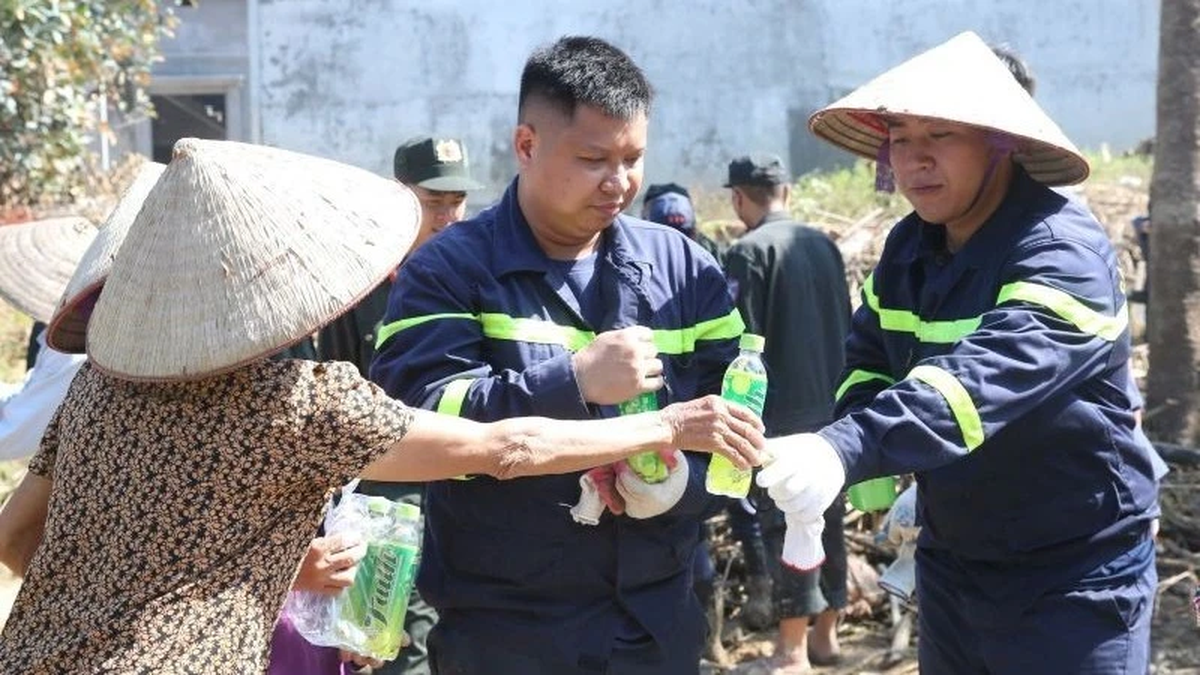
![[Photo] Collecting waste, sowing green seeds](https://vphoto.vietnam.vn/thumb/1200x675/vietnam/resource/IMAGE/2025/10/18/1760786475497_ndo_br_1-jpg.webp)
![[Photo] Immerse yourself in the colorful musical world of “Secret Garden Live in Vietnam”](https://vphoto.vietnam.vn/thumb/1200x675/vietnam/resource/IMAGE/2025/10/18/1760805978427_ndo_br_thiet-ke-chua-co-ten-41-png.webp)
![[Photo] General Secretary To Lam attends the 95th Anniversary of the Party Central Office's Traditional Day](https://vphoto.vietnam.vn/thumb/1200x675/vietnam/resource/IMAGE/2025/10/18/1760784671836_a1-bnd-4476-1940-jpg.webp)

![[Photo] Closing ceremony of the 18th Congress of Hanoi Party Committee](https://vphoto.vietnam.vn/thumb/1200x675/vietnam/resource/IMAGE/2025/10/17/1760704850107_ndo_br_1-jpg.webp)
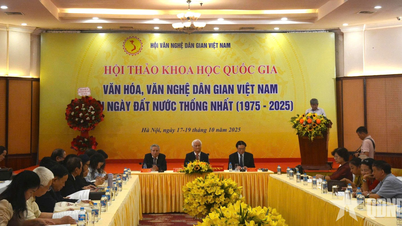

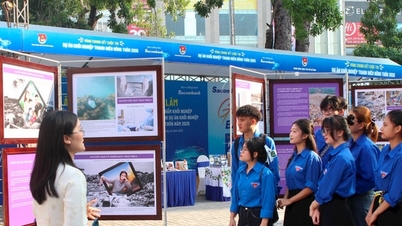
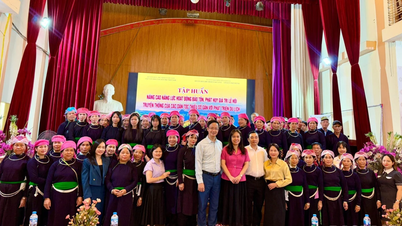

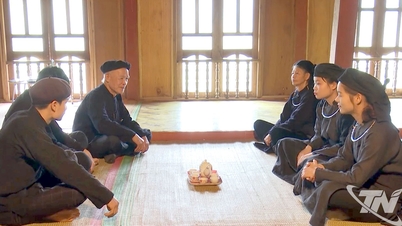

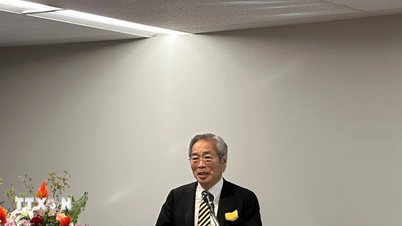

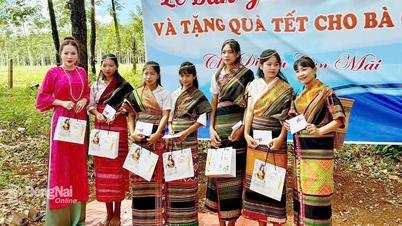

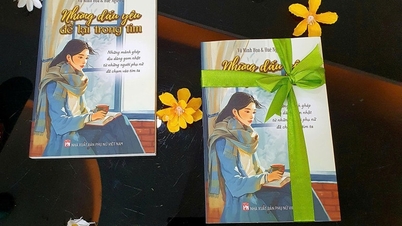

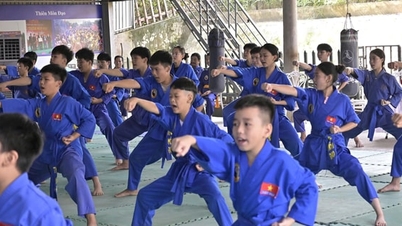
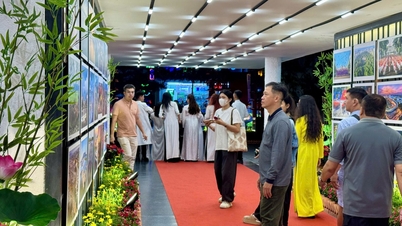
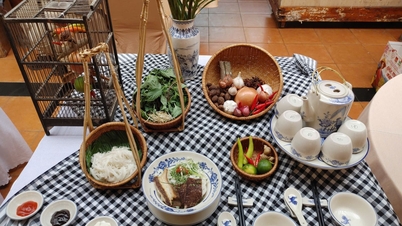
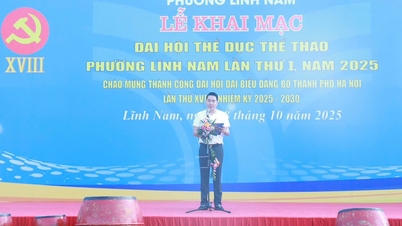

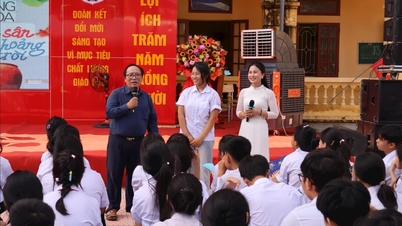




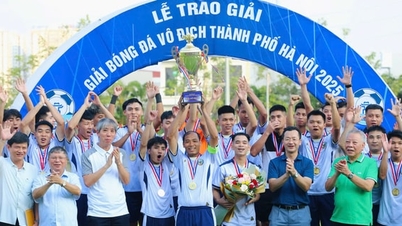
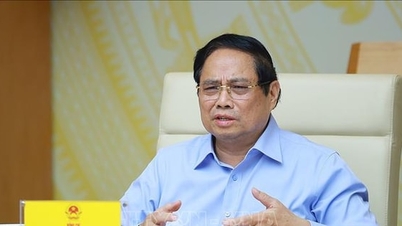
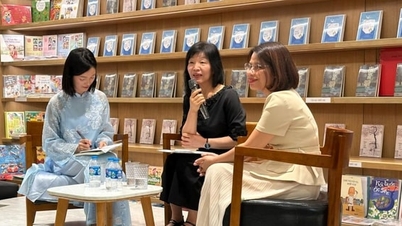
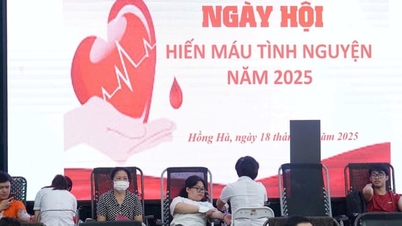
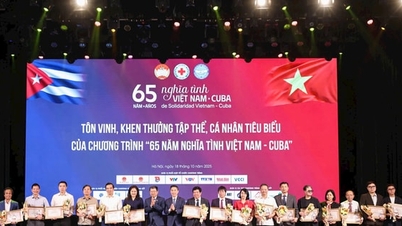
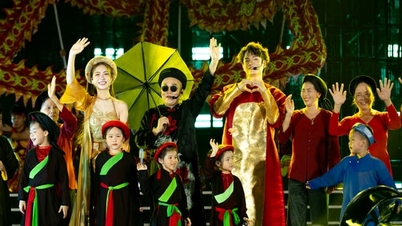


















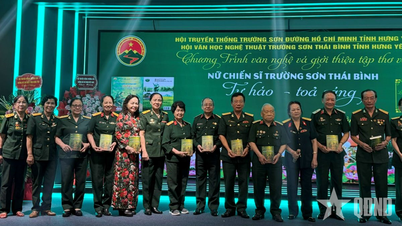














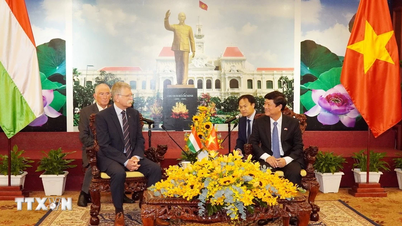


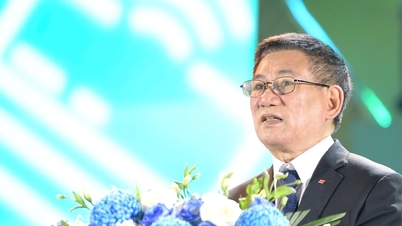

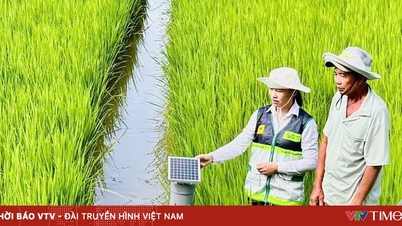
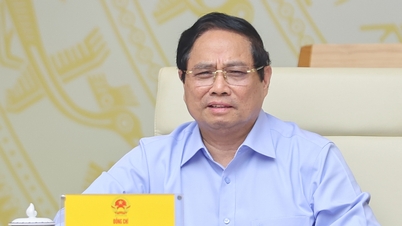
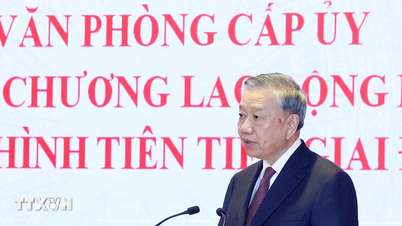







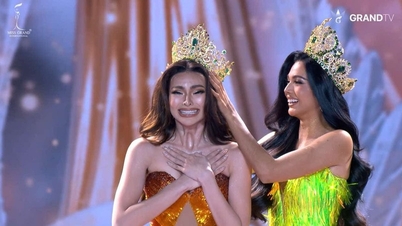
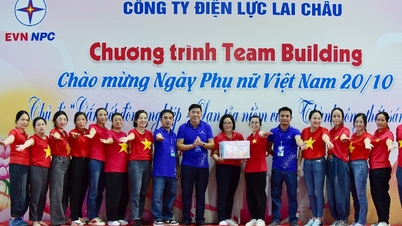

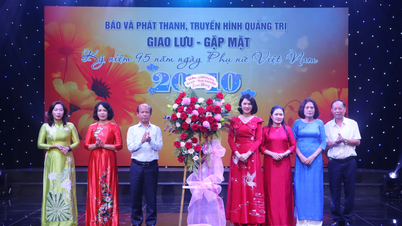














Comment (0)